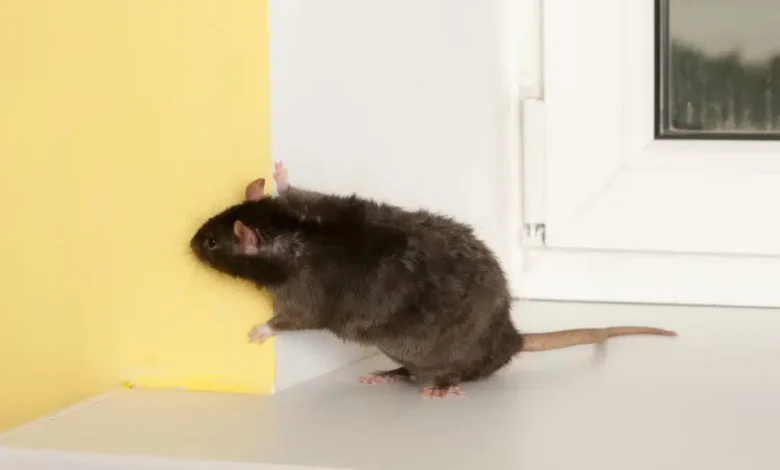Critical Details about Rodent Infestations in Manchester Homes

Manchester has a mix of urban and suburban homes covering areas from Hanover Hill to Rimmon Heights, and rodents are found in most neighborhoods. Factors like older housing stock, property-dense areas, and closeness to wooded zones only add to infestations. Winters in New Hampshire can be cold, which only pushes rats and mice inside homes. If you see rodents, don’t delay in calling a local exterminator like Anchor Pest Control, which specializes in countering such infestations in Manchester. Click here to schedule an inspection. In this guide, we will discuss some critical aspects of rodents.
Understanding Rodent Behavior
Two common rodent species you will find here are house mice and Norway rats. House mice are what you will find in kitchens, while Norway rats usually live in basements and sewers. Homes close to wooded areas may also have deer mice infestations. Like most other pests, rodents need food to survive the winter, and the lack of proper waste disposal, excessive clutter, and food waste offer exactly what they need. Rodents reproduce rapidly, which means it doesn’t take much time for the infestation to worsen.
Entry Points & Nesting Sites
Rats and mice can pass through small cracks and holes, so even the gap under the garage door can serve as an entry point. Older homes often have foundation cracks and unsealed windows, which cause infestations inside. As for nesting locations, rats and mice may make homes inside insulation, basements, attics, and garages, as long as there is clutter or hiding spots.
Signs of a Rodent Infestation
Knowing how to spot rodents will help you take early steps and seek professional help. Rats and mice often leave physical evidence behind, such as droppings, urine marks, and nesting materials. You may also find gnawed wires and insulation. Rodents work actively at night, so unusual sounds from ceilings and walls should be investigated. Urine of these pests leaves a musky odor behind that is hard to miss. If your dog or cat has been barking at walls or chasing something you don’t see in the open, schedule an inspection immediately. By the time you see a rat in the kitchen or basement, the problem has already advanced.
Risks Linked to Rodents
Rats and mice can spread numerous serious diseases, such as hantavirus, leptospirosis, and salmonella, and can contaminate food sources. Many people, especially kids and seniors, can be allergic to droppings and fur. Because these pests can chew most things, you should be concerned about structural damage. Chewed wires can pose fire hazards, while damage to insulation and wires can require expensive repairs. The worst part is that many people don’t even notice the damage until it’s too late.
Avoid the Usual Mistakes
First, avoid standard traps or chemicals you find in local stores without fixing the entry points. If rodents are already inside your home, even fixing the cracks and gaps could worsen the infestation indoors. Secondly, don’t ignore the first signs, such as scratching sounds at night and droppings. Call the experts immediately if you notice symptoms of an infestation. Thirdly, don’t ignore the need for sanitation measures and trash management, because if there are food sources and hiding spots, rats and mice will return. The final mistake is to overlook how fast rodents can breed, which means infestations get worse in a short time.
Call the Experts
If you haven’t scheduled an inspection for rodents in the last few months, call a professional pest control company in Manchester. This is particularly true for older homes where the risk of damage is considerably higher. Ensure the company you choose will use safer methods to remove rodents and adhere to IPM principles.



